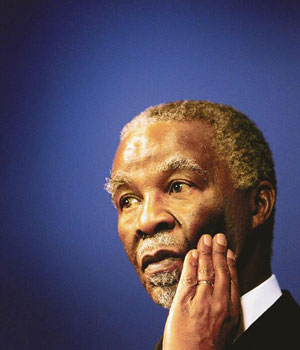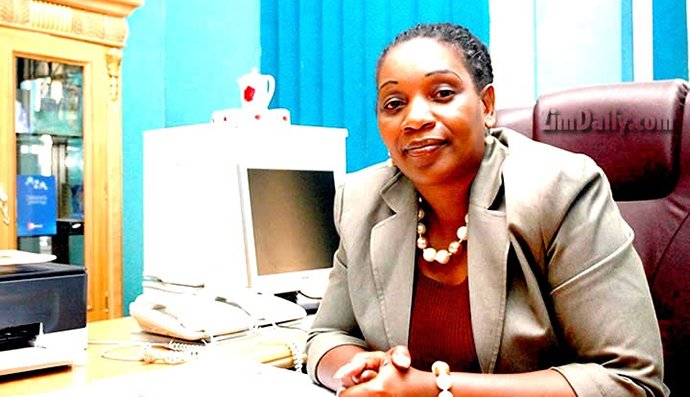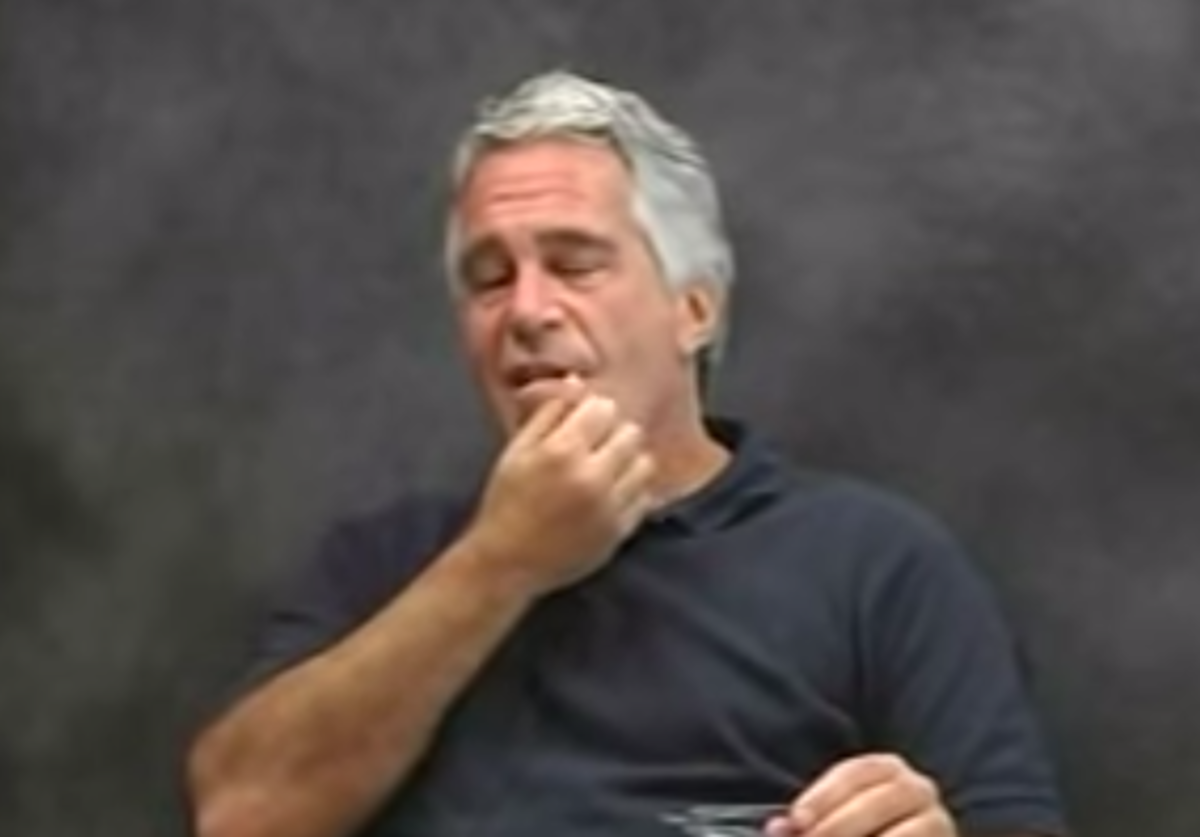
The ‘#ZimbabweanLivesMatter’ mantra recast Zimbabwe back onto the international spotlight, with teething issues related to corruption, human rights abuses, economic mismanagement and generally poor leadership. The response by the government, as expected, has been deepening repression, token arrests over corruption, an overemphasis of an economic turnaround whose positive effect is hardly felt by the majority and increasing power contested by factions within the ruling party.
A crescendo was reached on July 31, with protests leading to the arrest of activists who were calling for action on increasing cases of corruption. Two delegations from South Africa have been to Zimbabwe to discuss the deteriorating situation. On the surface, the engagement fell under the usual sisterly ‘talks’ that South Africa has always had, focusing on the unfolding crisis in Zimbabwe. Also, President Ramaphosa sent the delegation as the AU chairperson.
In reality, there is, however, diverse understanding concerning the delegations’ latest visit to Zimbabwe. As the sister party ANC seem to have responded to the need to deal with the relationship between the two liberation movements; thus working together to build trust amongst themselves. On the other hand, ANC appeared concerned about what they characterised as “things are not fine” in Zimbabwe, therefore the need to deal with the increasing crisis.
Separately, the issue of migration and how Zimbabweans end up dehumanised and doing menial jobs in South Africa, having crossed the border using dangerous undesignated crossing points is also a motivating factor for intervention.
Minister Lindiwe Zulu was clear on August 11 2020, that: “In the ANC’s view, yes, there is a political crisis in Zimbabwe, and we have to be frank and honest about it. If we are to help the situation, then we have to be frank and honest about it because we are asking the question, where is the dignity in all the Zimbabweans who are here, working; washing cars or as domestic workers, being laughed at and denigrated upon but qualified as teachers, etc.”
To achieve its main objectives, of attaining economic development, peace, security, growth, alleviation of poverty, and enhancement of the standard and quality of life of the peoples of Southern Africa. SADC needs to ensure good governance, durable peace and security. Thus, the regional body held its annual conference under the theme ‘SADC 40 Years Building Peace and Security, Promoting Development and Resilience to Global Challenges’. This was complementary to that of ‘peace, security, and stability’ for the previous conference. However, Zimbabwe has attracted bad publicity for undermining these for various reasons.
Further, His Excellency Filipe Jacinto Nyusi, President of the Republic Of Mozambique, while underscoring the need to ‘root out hunger, unemployment, illiteracy, diseases and pandemics’, noted that “the region continues to face several challenges and threats, especially on the economic and social front”. Nevertheless, Zimbabwe did not feature in the report of the SADC Executive Secretary, neither for the well-established view that there is a political crisis in the country nor for the economic and social turmoil currently affecting the majority of the citizens. With President Emmerson Mnangagwa holding the Chairpersonship of SADC Organ on Politics, Defence and Security Cooperation, what else could Zimbabweans expect?
This context breeds many challenges when assessing the prospects for sustainable engagement, as I turn to;
-
The SADC position differs from that of South Africa, regarding the state of affairs in Zimbabwe. How consensus could be secured between the regional powerhouse (South Africa) and the regional body (SADC) remains unclear. What is in the public domain to date is that the Zimbabwean government had no kind words for their South African counterparts for attempting to play the Big brother role? The attacks on South Africa have continued unabated.
-
The growing challenge of immigrants drives South Africa; this enthusiasm which requires support by Zimbabweans and the rest of the global community. More importantly, the immigrant challenge ought to be seen from both political and economical grounds to reflect its reality.
-
State brutality is responsible for the movement of Zimbabweans to the South, but so is trade. Zimbabweans goods are mostly exported to South Africa in raw form, and as such, Zimbabwe is deprived of value addition processes. To get employed, Zimbabweans have to follow the exported value chains. This structural delinquency requires modification, much as politics needs attention.
-
In the past, the intervention by South Africa and SADC was triggered by citizen protests that were usually followed by an excessive repressive response by the state, which then prompted the international community into action. Are civil society and opposition political parties capable of radical mobilising citizens for action?
-
The dialectic of contradictions and contests between leading opposition party leaders and civil society as well as the rural ‘Mountain’ stay away by a leading figure during the month leading to July 31 protests, betray lack of consensus, fear and generally the pettiness currently bedevilling the political space in Zimbabwe.
-
The persisting fragmentation of opposition movements, mostly along with egotistical preferences, and far less on ideological standpoints, minimising the capacity of the players to mobilise from below. Under these circumstances, it is to be expected that no coherent counter-narrative capable of mobilising within and beyond the borders is developed.
-
Similarly, recently there has been debate on who from South African should constitute a fact-finding mission and who to be engaged in Zimbabwe. Out of fear of ideological debasement as well as the Big Brother accusations by Zanu PF are likely to lead to declining enthusiasm by the ANC. It might be that a broader inter-party and civil society committee may pursue a more comprehensive engagement process.
-
Besides, it has become less certain as to who the other stakeholders could be engaged beyond the ruling party and what issues can be placed on the table by and of the potential stakeholders who the ANC might commit to engaging.
In this sense, the crisis in Zimbabwe has ceased to be easy in defining, and the stakeholders are no longer effortlessness identifiable. The political space is reconfiguring itself. Previous big players are often dissipating at the hands of Zanu PF. Alternatively, they are equalised through involvement in corruption or by sheer disinterest in people-centred struggles. Zimbabweans can expect little to no intervention from external stakeholders in this context. Therefore, radical mobilisation around citizen issues provides the scope for attracting regional solidarity. Entirely, raising another question; who will mobilise for change in Zimbabwe, in the foreseeable future?
Toendepi Shonhe is a Research Fellow at Thabo Mbeki School of Public and International Affairs
University of South Africa
Post published in: Featured








 Kathryn Rubino is a Senior Editor at Above the Law, and host of
Kathryn Rubino is a Senior Editor at Above the Law, and host of 




 Jordan Rothman is a partner of
Jordan Rothman is a partner of 
